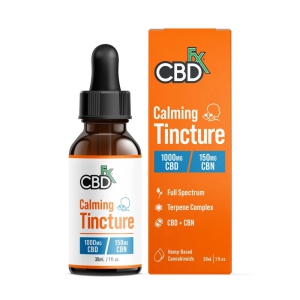
CBDfx
25% Off Coupon:HEALTHCANAL
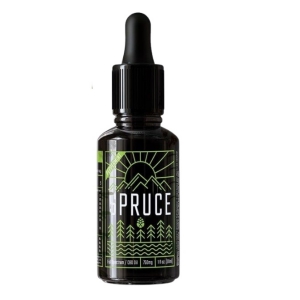
Spruce CBD
15% Off Coupon: HEALTHCANAL
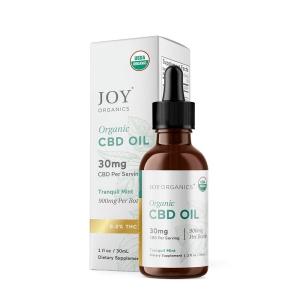
Joy Organics
25% Off Coupon:HEALTHCANAL
Have you noticed that whenever you eat something spicy, you experience heartburn? Well, you are not alone in this. Sixteen studies of GERD epidemiology[1] show that gastroesophageal reflux disease (GERD) is a highly prevalent digestive disease that affects 18.1 – 27.8% of the population in North America. Approximately half of the adult population will experience reflux symptoms at least once in their life.
Top 5 Best CBD Oil For GERD On The Market
- CBDfx – Editor’s choice
- Spruce CBD – Best safety standard
- Joy Organics – Best quality
- Royal CBD – High-quality ingredient
- Blessed CBD -Best Quality CBD oil
How Does CBD Work For GERD And Acid Reflux?
CBD helps with the symptoms of GERD and Acid Reflux in three ways, which are:
Pain Relief
Studies by Swedish researchers[2] show that when triggered, particular cannabinoid receptors (CBRs) produce pain-relieving effects throughout the gastrointestinal tract. CBRs in the esophagus, particularly those that alter transient lower esophageal sphincter relaxation (TLESR), offer a potential therapeutic target for GERD treatment.
Anti-inflammatory Properties
Inflammation and oxidative stress are frequently linked to GERD. Inflammatory cytokines, according to the researchers, may promote early inflammation in people with GERD.
CBD has anti-inflammatory and antioxidant properties, according to a study using animal and human biopsies. These therapeutic effects, according to scientists,[3] could be effective in treating GI inflammatory problems.
Management Of Secretion Of Gastric Acid
According to research done by authors in the Journal of Pharmacy and Pharmacology,[4] Gastric acid release is suppressed by CB1 receptors in the stomach. CBD decreases esophageal lining inflammation and the risk of the gastroesophageal area becoming overburdened.
What Makes CBD Different From Marijuana?
Hemp and marijuana are both from the same species. Hemp is classified as a cannabis plant with 0.3 percent THC or less, whereas marijuana is described as a cannabis plant with more than 0.3 percent THC. CBD may be extracted from both hemp and marijuana plants.
THC is the most famous compound among all cannabinoids because of its ability to make a person feel high. Both marijuana and hemp contain THC and CBD. While Marijuana has a lot more THC, hemp has much more CBD.
Does CBD Oil Help With GERD & Acid Reflux?
After suffering from the side effects of medications such as nausea, constipation, stomach ache, and vomiting, people have now started to turn to natural treatments instead. As of now, the studies regarding CBD’s efficacy in treating GERD are not sufficient. However, the existing studies[5] show that CBD can have several modulating effects on stomach acid production.
Anti-inflammatory
Inflammation and oxidative stress are frequently linked to GERD. Inflammatory cytokines, according to the researchers, may promote early inflammation in people with GERD.
CBD has anti-inflammatory and antioxidant properties, according to a study using animal and human biopsies. These therapeutic effects, according to scientists, could be effective in treating GI inflammatory problems.
Minimization of Microleakages
Furthermore, esophageal leakage is the principal cause of reflux-related cough and bronchial constriction (bronchoconstriction). An animal study published in the European Journal of Pharmacology[6] demonstrated how receptor activation could minimize microleakage, which promotes bronchoconstriction.
Mental Health
The researchers have mentioned that GERD can be a major source of anxiety and depression. According to a clinical study published by Cureus, out of 258 patients, 41.4% suffered from depression, 34.4% suffered from anxiety, and 27.13% suffered from depression and anxiety.
According to a study published in Frontiers in Immunology, CBD’s anxiolytic and antidepressant qualities may help with mental health.
Marijuana and GERD
Marijuana’s effect on the symptoms of gastroesophageal reflux illness is debatable. According to a study in 2002,[7] animals that were given a synthetic marijuana-like substance had an 80% reduction in transient relaxations of the lower esophageal sphincter, which is thought to be a major cause of reflux. The symptoms should improve as a result of eliminating these relaxation bouts.
The use of marijuana has been shown to aggravate the symptoms of gastroesophageal reflux disease.
Is It Safe To Use CBD For GERD And Acid Reflux?
CBD has an advantage over traditional anti-acid reflux drugs because it does not have the serious side effects that these drugs have.
CBD has been recognized as a safe and effective substance by some health organizations. The Journal of Clinical Medicine Research[8] confirms that CBD is well tolerated in people in doses up to 1,500 mg per day.
There is no proof available that CBD oil will worsen acid reflux or GERD.
Risk & Side Effects
CBD aids in the treatment of acid reflux and GERD but are there any side effects? Luckily, there are no known dangerous side effects of consuming this oil. However, some mild side effects may occur in case of overdosing, According to nova-Institut,[9] Hürth, Germany these side effects may include:
- Dry mouth
- Nausea
- Fatigue
- Diarrhea
- A temporary drop in blood pressure
- Dizziness
- Change in appetite
However, these side effects are not experienced by most people who take regular doses of CBD. There might be additional effects in case you’re using CBD oil along with some other medications. That is why it is best to consult your doctor before choosing CBD oil.
CBD Oil And Pregnancy
According to the UK Food Standards Agency (FSA) and the Institute of Food Science and Technology, CBD products should not be consumed by anyone pregnant, breastfeeding, or taking any medication.
Unless under medical supervision, the FSA recommends no more than 70mg per day (about 28 drops of 5% CBD).
GERD Symptoms
GERD (chronic acid reflux) occurs when the muscles that control the tube connecting the stomach and the esophagus fail to completely close, and acids and food flow back into the stomach.
Symptoms of GERD are different for different people but some of the most common symptoms are:
- Heartburn.
- Food comes back into your mouth from the esophagus.
- The feeling of food stuck in your throat.
- Coughing.
- Chest pain.
- Having difficulty swallowing.
- Vomiting.
- Hoarseness and sore throat.
Symptoms of GERD in Infants and Children:
- Frequent vomiting episodes.
- Excessive crying, and refusal to eat (in babies and infants).
- Difficulty in breathing.
- Acidic sour flavor, particularly when lying down.
- Hoarseness in the throat.
- A Choking sensation that may wake the child up.
- Bad breath.
- Difficulty in sleeping after eating, especially in infants.
How To Choose The Best CBD For GERD?
Full-spectrum CBD oil is the most commonly suggested form for relieving GERD symptoms.
Full-spectrum oil contains essential oils, terpenes, and other cannabinoids such as:
- CBD
- CBC
- CBG
- CBN
- 0.3% THC
Combined, these cannabinoids provide the individual with the “entourage effect”. The entourage effect is a theory that all the chemicals in cannabis work together and generate a better effect when ingested together than when taken separately.
Here are some pointers before you make the purchase:
- Users may learn more about the CBD product by reading customer reviews and feedback.
- Patients with GERD must first speak with a gastroenterologist about their therapy choices.
- Individuals on any medication must discuss their plan to use CBD beforehand with their doctors for the possible drug-CBD reaction.
- Users may take a look at the Certificate of Analysis (COA) which is a document that shows the analytical test results on a batch of cannabis goods, verifying their strength and purity while also assuring that they’re safe to consume.
CBD Dosage For GERD
CBD (cannabidiol) comes in a variety of forms, including vape, oils, pills, and creams. The recommended dosages differ depending on the product’s type and intended use.
When it comes to CBD, there are no formal dosage recommendations. The FDA must first evaluate and demonstrate the efficacy and safety of hemp-derived cannabidiol. CBD oil and other hemp products are currently classified as health supplements, thus dosing, labeling, and manufacturing requirements are not regulated.
Different people have different requirements. It’s usually best to start with a modest dose to see how your body reacts to CBD. Twenty-three studies[10] reported that an initial dosage of 1–6 mg of CBD for every 10 pounds of body weight is recommended. After a week, reevaluate the effects and modify the CBD dosage as needed.
Dosage For Creams
A person should start with a cream of a lower dose and later change to a higher one if needed. CBD skin creams with high potency often deliver 8 mg per suggested application, while those with low potency typically supply 3mg.
Dosage For Oils
Since there is no study regarding the dosage of CBD oil for GERD and Acid Reflux, it’s best to start with a tiny dose and gradually increase it over many weeks.
Final Thought
Acid reflux, also known as gastroesophageal reflux, is an acute ailment that occurs when the stomach is irritated, causing gastric acid to overflow or “reflux” into the esophageal tract.
Although CBD is effective in treating acid reflux, it should not be used without first consulting a doctor who is knowledgeable about cannabis.
Frequently Asked Questions
Acid Reflux occurs when the lower esophageal sphincter muscle relaxes incorrectly, enabling stomach acid to back up into the esophagus. This can result in heartburn and other symptoms.
It certainly does. Cannabinoids interact with the human gastrointestinal system, causing your gastrointestinal tract to be affected. Its anti-inflammatory properties prevent stomach acid from progressing further.
Full-spectrum CBD oil is the most commonly suggested form for relieving GERD symptoms.
Acid reflux is a common medical issue that can range from mild to severe in severity. Gastroesophageal reflux disease (GERD) is a type of acid reflux that is chronic and severe.
There are no known negative side effects from using CBD. Overdosing on CBD, on the other hand, may have some negative consequences. Nausea, tiredness, and diarrhea are some of the possible adverse effects. CBD may have extra effects in some circumstances if it interacts with other drugs.
We recommend starting with a lower dose of CBD. You can then progressively raise it. That way, you’ll be able to figure out how much CBD works best for you.
Not only is CBD not addictive, but it may even help treat drug addiction[11] along with its various other uses.
Hemp and Marijuana both come from the same species. The difference between both is that hemp is a plant that contains 0.3% THC (tetrahydrocannabinol, a psychoactive compound in cannabis plants). On the other hand, marijuana contains THC of more than 0.3%.
+ 11 Sources
Tnhealth has strict sourcing guidelines and relies on peer-reviewed studies, academic research institutions, and medical associations. We work mostly with peer-reviewed studies to ensure accurate information. We avoid using tertiary references. You can learn more about how we ensure our content is accurate and current by reading our editorial policy.
- El-Serag, H.B., Sweet, S., Winchester, C.C. and Dent, J. (2013). Update on the epidemiology of gastro-oesophageal reflux disease: a systematic review. Gut, [online] 63(6), pp.871–880. Available at: https://www.ncbi.nlm.nih.gov/pmc/articles/PMC4046948/.
- Wright, K.L., Duncan, M. and Sharkey, K.A. (2008). Cannabinoid CB2receptors in the gastrointestinal tract: a regulatory system in states of inflammation. British Journal of Pharmacology, [online] 153(2), pp.263–270. Available at: https://www.ncbi.nlm.nih.gov/pmc/articles/PMC2219529/.
- De Filippis, D., Esposito, G., Cirillo, C., Cipriano, M., De Winter, B.Y., Scuderi, C., Sarnelli, G., Cuomo, R., Steardo, L., De Man, J.G. and Iuvone, T. (2011). Cannabidiol Reduces Intestinal Inflammation through the Control of Neuroimmune Axis. PLoS ONE, 6(12), p.e28159.
- Footitt, J. and Johnston, S.L. (2009). Cough and viruses in airways disease: Mechanisms. Pulmonary Pharmacology & Therapeutics, [online] 22(2), pp.108–113. Available at: https://www.ncbi.nlm.nih.gov/pmc/articles/PMC7110775/.
- JUSTINOVA, Z., GOLDBERG, S., HEISHMAN, S. and TANDA, G. (2005). Self-administration of cannabinoids by experimental animals and human marijuana smokers. Pharmacology Biochemistry and Behavior, [online] 81(2), pp.285–299. Available at: https://www.ncbi.nlm.nih.gov/pmc/articles/PMC2679508/.
- Oberbarnscheidt, T. and Miller, N.S. (2020). The Impact of Cannabidiol on Psychiatric and Medical Conditions. Journal of Clinical Medicine Research, [online] 12(7), pp.393–403. Available at: https://www.ncbi.nlm.nih.gov/pmc/articles/PMC7331870/.
- Gotfried, J., Kataria, R. and Schey, R. (2017). Review: The Role of Cannabinoids on Esophageal Function—What We Know Thus Far. Cannabis and Cannabinoid Research, [online] 2(1), pp.252–258. Available at: https://www.ncbi.nlm.nih.gov/pmc/articles/PMC5665514/.
- De Filippis, D., Esposito, G., Cirillo, C., Cipriano, M., De Winter, B.Y., Scuderi, C., Sarnelli, G., Cuomo, R., Steardo, L., De Man, J.G. and Iuvone, T. (2011). Cannabidiol Reduces Intestinal Inflammation through the Control of Neuroimmune Axis. PLoS ONE, 6(12), p.e28159.
- Maristella Adami, Bertini, S., Frati, P. and Coruzzi, G. (2010). Cannabinoid CB1 Receptors Are Involved in the Regulation of Rat Gastric Acid Secretion. [online] ResearchGate. Available at: https://www.researchgate.net/publication/230155608_Cannabinoid_CB1_Receptors_Are_Involved_in_the_Regulation_of_Rat_Gastric_Acid_Secretion.
- Iffland, K. and Grotenhermen, F. (2017). An Update on Safety and Side Effects of Cannabidiol: A Review of Clinical Data and Relevant Animal Studies. Cannabis and Cannabinoid Research, [online] 2(1), pp.139–154. Available at: https://www.ncbi.nlm.nih.gov/pmc/articles/PMC5569602/.
- IFST. (2020). Cannabidiol (CBD) and Cannabinoids. [online] Available at: https://www.ifst.org/resources/information-statements/cannabidiol-cbd-and-cannabinoids.



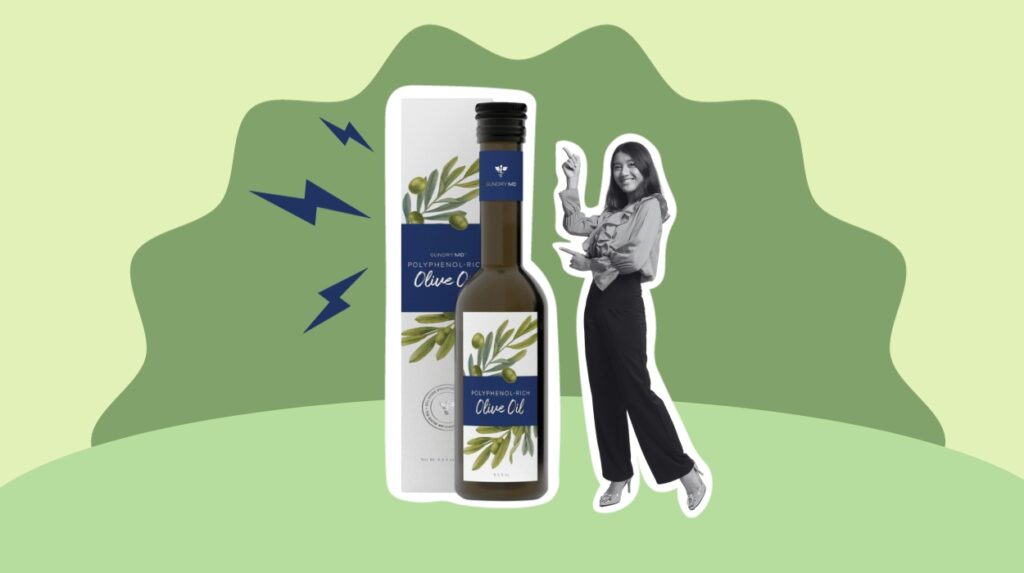

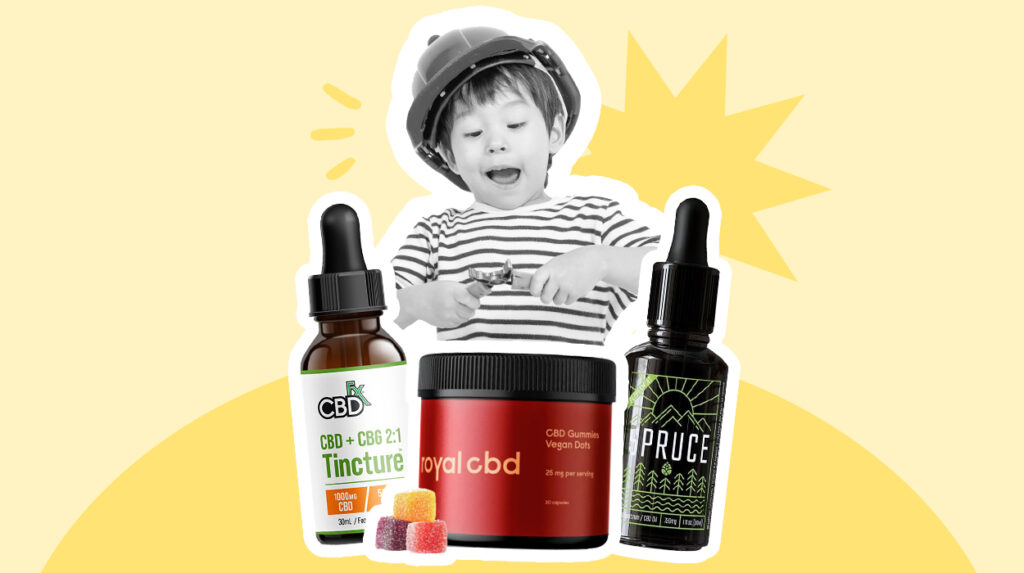
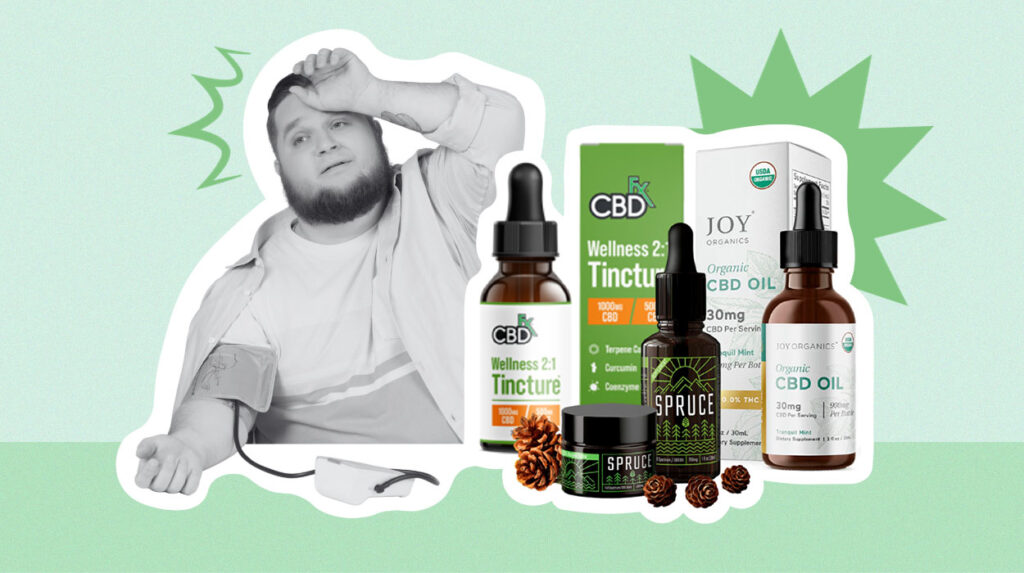
 By
By